
Director
This documentary chronicles Diomedes Díaz's rise as one of Colombia's most iconic singers, and his downfall after being accused of killing a fan.
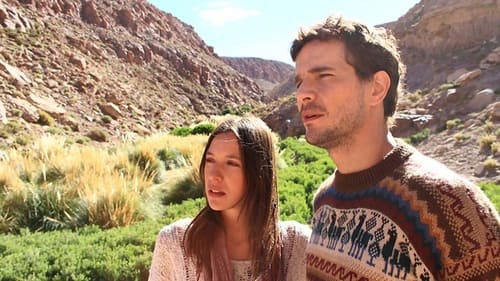
Director
Antonio, young Brazilian civil servant, travels to the Atacama Desert in search of inspiration to write a short story.

Script Consultant
Alejandro, a solitary, fragile and unpredictable man is crushed by the hostility of his mysterious past.

Producer

Writer

Director

Jefe Matadero
The emotional life story of a Peruvian immigrant in Chile is the subject of this nuanced character study of a man uprooted from home by economic necessity and suffering loneliness and dislocation. Higher wages can’t fill the void created by separation from everything that is important to him.

Script Consultant
Teresa Wilms Montt is a writer, a rebellious woman, tormented and beautiful. He marries at age 17 challenging family opposition. She falls in love with someone she should not and the family court condemns her to confinement in a convent. Separated from her two daughters, she escapes to Buenos Aires with Vicente Huidobro. From that flight her life becomes an exciting and tragic itinerary.

Producer
Three young Brazilian try to help a terminally ill woman who lives in the slums of Rio de Janeiro. Their youthful idealism is shattered with the cruel reality of police brutality.

Writer
Three young Brazilian try to help a terminally ill woman who lives in the slums of Rio de Janeiro. Their youthful idealism is shattered with the cruel reality of police brutality.

Director
Three young Brazilian try to help a terminally ill woman who lives in the slums of Rio de Janeiro. Their youthful idealism is shattered with the cruel reality of police brutality.
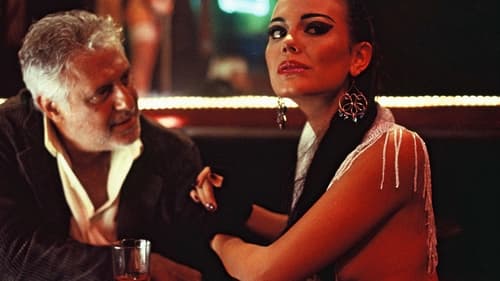
Writer
Ex-cop Vieira is involved in the death of his lover , a prostitute who works in the streets of Copacabana, Rio de Janeiro. After her death, some strange things started to happen and Vieira is harassed at the same time by the police and some old bad guys from his past. Meanwhile, he is seriously involved with a young and pretty prostitute named Flor.

Script Consultant
After losing their bearings, a group of Chilean soldiers learns some lessons about their enemy's humanity in this dark comedy set during the 1970s war between Chile and Argentina. Digging in where they are, the troop soon discovers a nearby Argentinean platoon. Unsure how to handle the situation, the two groups start passing notes via a stray dog, and eventually achieve a wary camaraderie.
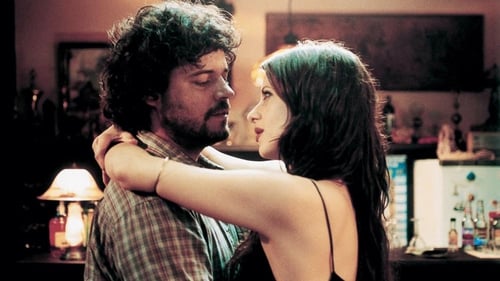
Writer
To find the woman of his life, man makes a game up: he enters a subway train wagon, picks a woman he likes and waits to see whether she's going to take the same course and connections as he. If she is, he tries to make contact.

Script Consultant
When enemy members of the two main Chilean soccer teams, Azul and Paloma meet in a fight after a soccer game they fall in love at first sight. They run away through the night in the streets of Santiago, while two groups search for them, when they meet, happens the inevitable.

Writer
Three apartments in an old converted loft building set up the stage for three bizarre love triangles.

Writer
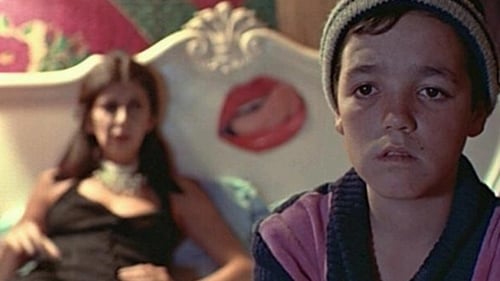
Screenplay
The true story of the boy who became famous when he was cast for the main part on the Brazilian film Pixote: A Lei do Mais Fraco (1981). After the film was over, he tried to work as an actor on other projects, with little success. As time went by, he got involved with crime.

Writer
Two children flee together with a grown up from a slum in Rio because this older person has had problems with the local drug lord. They end up in the house where a rich American lives with his daughter.

Screenplay
A female television journalist has a strange affair with a terrorist.
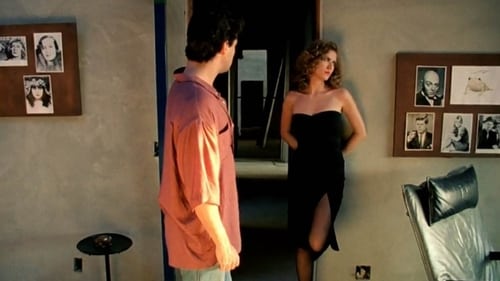
Writer
Gafanhoto is a smuggler who tries to take a hit by stealing a valuable stone. He awakens the fury of the old boss of the gang, and ends up involving in the plot a former colleague, Poeta and his girlfriend Cris, a beautiful woman who brings in the eyes the mark of the tragedy.
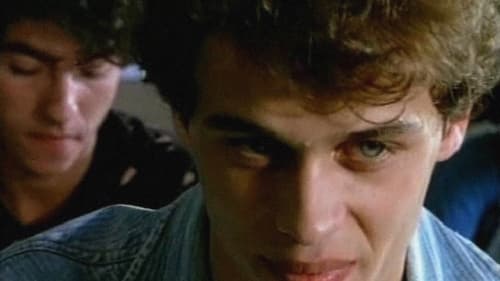
Writer
Teenager and his Chilean parents live in Rio de Janeiro, Brazil, in exile, after his brother is killed by the military government in Chile. Years later, still haunted by the past, he undergoes a crisis when he learns his cousin had been arrested in Santiago, and quarrels with his family when he decides to know his country and the details of his past.

Director
Teenager and his Chilean parents live in Rio de Janeiro, Brazil, in exile, after his brother is killed by the military government in Chile. Years later, still haunted by the past, he undergoes a crisis when he learns his cousin had been arrested in Santiago, and quarrels with his family when he decides to know his country and the details of his past.
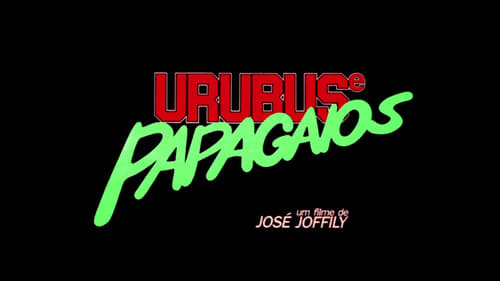
Writer
High Court judge returns to the small town where he was born, bringing along his beautiful and young wife. The local men get aroused and start looking for young lovers at the local bordello. Their wives even make promises and novenas asking the disappearance of the new couple. One day, the judge dies, leaving his wife unsatisfied. The corpse, as if wanting revenge, keeps an erection on.

Screenplay
Two friends get rich running an illegal gambling business. But soon they start to compete, and become rivals.

Assistant Director
Quilombo dos Palmares was a real-life democratic society, created in Brazil in the 17th century. This incredibly elaborate (and surprisingly little-known) film traces the origins of Quilombo, which began as a community of freed slaves. The colony becomes a safe harbor for other outcasts of the world, including Indians and Jews. Ganga Zumba (Toni Tornado) becomes president of Quilombo, the first freely elected leader in the Western Hemisphere. Naturally, the ruling Portuguese want to subjugate Zumba and his followers, but the Quilombians are ready for their would-be oppressors. The end of this Brave New World is not pleasant, but the followers of Zumba and his ideals take to the hills, where they honor his memory to this day. Writer/director Carlos Diegues takes every available opportunity to compare the rise and fall of Quilombo with the state of affairs in modern-day Brazil.

Writer
During the military dictatorship, a political militant takes his son out of the boarding school, and puts him temporarily in a friend's luxury and empty apartment in Copacabana beach. The son knows very little about his father, and the latter cannot really explain his activities to his son, fearing for his security. So the young man stands alone in the huge apartment, waiting for the infrequent meetings with his father, without really knowing what's going on.
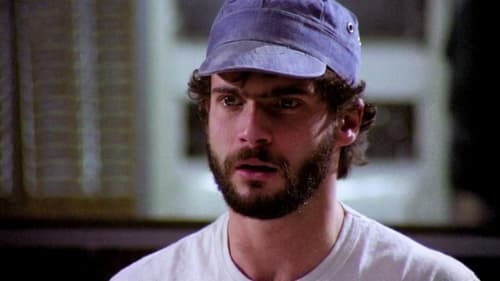
Writer
The routine of a group of brazilian teenagers living in Brasília, Brazil's capital. Their aspirations, dreams and illusions presented in a context of a country that was on the final years of a dictatorship back in the 1980s.
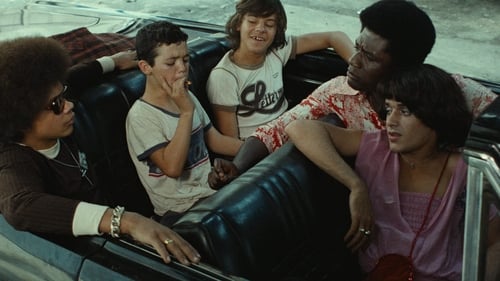
Screenplay
История 10-летнего мальчика, который попадает (как и другие пацаны, схваченные во время полицейской акции "поймай убийцу судьи") в "исправительную" школу, то есть, детскую нетрудовую колонию. В первую же ночь Пишоте становится свидетелем изнасилования малолетнего заключенного толпой других детей. Это место — натуральный детский ад. Полицейские и надзиратели считают своих подопечных мусором и отребьем. Им ничего не стоит убить подростка, а потом, без зазрения совести, повесить убийство на его товарища. Но даже в этом аду можно жить, находя мгновения радости...
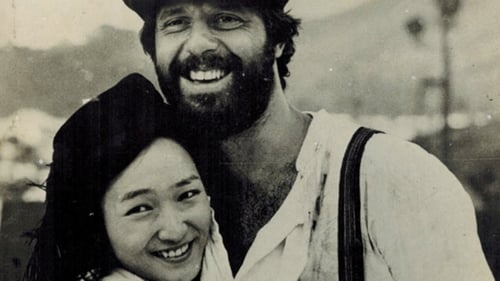
Writer
Based on fact, this is the story of the struggles of Japanese immigrants who traveled to and settled in Brazil looking for a better life.

Director

Writer
History of a famous Brazilian bandit of the early seventies and his fight against a death squad.

Assistant Director
In this film the director's recurring concerns return: the divisions in the Chilean left, and its contradictions between what the director calls the "traditional" and the "revolutionary" left. The problem is exposed through the doubts and obsessions of a strange police chief who cannot establish the limits between critical behavior and militant responsibility.

Assistant Director
Many socially-concerned priests in Catholic Latin America have at some time left their parish churches to go and work in the fields and factories of the poor. Such priests, usually adherents of "liberation theology," are called "worker-priests." This Chilean film tells the story of how one man became a "worker-priest" and won the trust of the poor.

Screenplay
Many socially-concerned priests in Catholic Latin America have at some time left their parish churches to go and work in the fields and factories of the poor. Such priests, usually adherents of "liberation theology," are called "worker-priests." This Chilean film tells the story of how one man became a "worker-priest" and won the trust of the poor.

Assistant Director
The political evolution in Chile seeing from three different times: 1937, 1947 and 1970. A film that shows how a revolution cannot be accomplished by electoral means, and how the wealthy class will always attempt to destroy that revolution, with the help of the armed forces, as soon as their privileges are threatened.





























